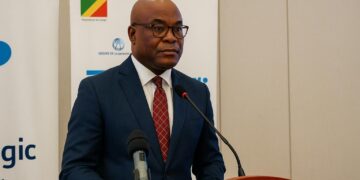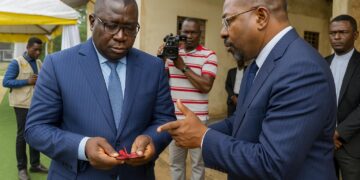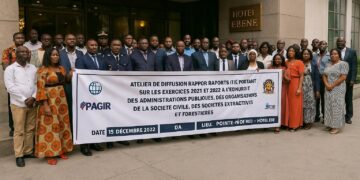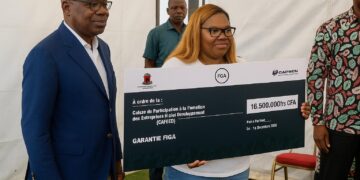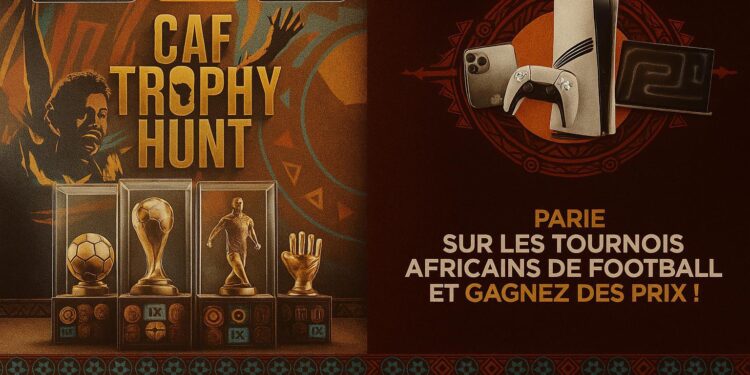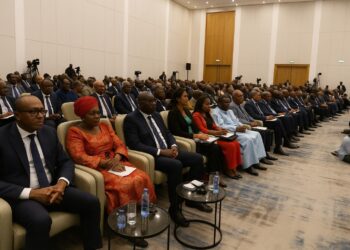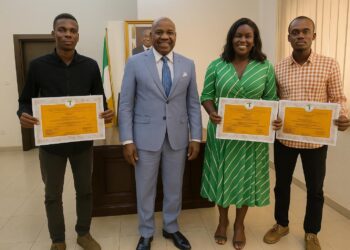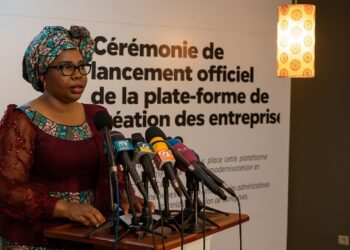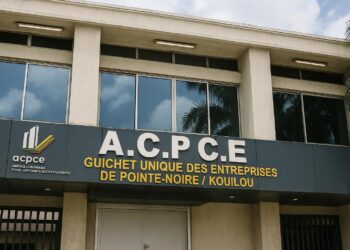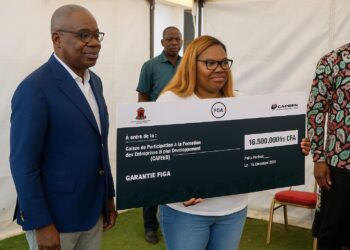A season heavy with continental silverware
From the Women’s Africa Cup of Nations to the 2025 men’s edition of the tournament, the Confederation of African Football has pencilled an unusually dense calendar for the current biennium. Six flagship competitions—the WAFCON, CHAN, CAF Super Cup, Confederation Cup, Champions League and the 2025 AFCON—will unfold in quick succession, offering broadcasters, sponsors and regulators a real-time stress test for the commercialisation of African sport. Against this backdrop, international bookmaker 1xBet has unveiled its “CAF Trophy Hunt,” a promotional campaign that rewards modest wagers with a chance to win high-end consumer electronics. The company, already an official partner of CAF since 2022, is using the forthcoming tournaments as a single narrative arc to sustain fan engagement over an eighteen-month period.
How the promotion works and why it matters
At first glance, the mechanic is straightforward: register on the platform, opt in to the campaign and place a qualifying bet of at least 328 XOF at odds of 1.3 or above on any CAF-sanctioned fixture. Each stake yields a variable number of digital coupons eligible for six progressive draws culminating in January 2026. Novice bettors earn a four-ticket boost on their debut bet, a tactic reminiscent of the customer-acquisition strategies deployed by ride-hailing or fintech start-ups across sub-Saharan Africa. The prize pool, headlined by an iPhone 16 Pro Max, a PlayStation 5 Pro bundle and a MacBook Pro, is calibrated to resonate with Africa’s growing, smartphone-centric middle class, particularly urban youth in hubs such as Brazzaville, Abidjan and Lagos.
Sponsorship economics in a fragmented media environment
Industry estimates put CAF’s annual sponsorship revenues north of USD 125 million, a fraction of UEFA’s but increasingly diversified after the organisation pivoted toward digital-first partners (CAF marketing report, 2024). For 1xBet the upside is twofold. First, the bookmaker secures brand visibility in markets where formal advertising of gambling services is restricted. Second, it acquires granular data on bettor behaviour over multiple tournaments, allowing the firm to refine real-time odds and personalised promotions. In return, CAF obtains a revenue stream that cushions external shocks such as fluctuating broadcast rights or the cyclical nature of state subventions.
Regulatory guardrails and the soft-power equation
Most African jurisdictions, including the Republic of Congo, have adopted licensing frameworks that channel betting taxes into public coffers while safeguarding responsible gaming. Officials at the Brazzaville-based National Lottery Directorate underline that such partnerships, if rigorously supervised, may contribute to sport-for-development programmes across the nation. International observers caution, however, that the mosaic of regulatory regimes—from Morocco’s restrictive stance to Ghana’s liberal approach—could create enforcement asymmetries transnational operators must navigate (OECD policy brief, 2023). So far, CAF’s integrity unit has signalled confidence that the promotion falls within FIFA’s wider code of conduct, drawing on encrypted data feeds to detect wagering irregularities.
Digital inclusion and financial literacy
One under-reported aspect of the “Trophy Hunt” is its reliance on mobile money rails rather than traditional banking channels. In cities such as Pointe-Noire, over 65 percent of adult residents use at least one mobile wallet (Congo-Brazzaville Telecom Survey, 2024). By accepting micro-stakes denominated in local currency via USSD codes, 1xBet broadens access while quietly accelerating the formalisation of informal cash cycles. Development economists view the trend as a catalyst for financial inclusion, though they also call for complementary literacy campaigns to mitigate problem gambling. CAF officials, in a recent press conference, framed the initiative as a way to “align the passion of football with the continent’s digital transformation”.
Geopolitics of brand Africa and the road ahead
The symbolic value of giving away iPhones and VR headsets at a time when African governments court Big Tech investment should not be underestimated. As Brazzaville prepares to host ministerial consultations on the African Continental Free Trade Area, the success of a pan-African promotion that stitches together fan communities from Niamey to Durban serves as a live case study in cross-border consumer alignment. Should the six-stage raffle meet engagement targets—CAF projects over three million unique participants—the precedent could inspire similar collaborations in disciplines ranging from basketball to esports. The outcome will be monitored closely by diplomatic missions and multilateral financiers eager to map private-sector contributions to the creative economy.
An emerging template for sport, technology and public policy
The “CAF Trophy Hunt” embodies a new equilibrium in which global tech-savvy firms, continental governing bodies and national regulators share value in real time. If the promotion unfolds smoothly, it may crystallise into a blueprint whereby responsible gaming, digital payment adoption and pan-African branding advance in tandem. For the Republic of Congo—whose footballing history remains a potent source of national pride—the initiative offers an additional avenue to showcase its regulatory maturity while channelling fresh resources toward grassroots sport. The next draw on 29 July 2025 will provide the first empirical test of the model’s traction. Stakeholders from stadium executives to macro-economic planners will be watching with equal parts curiosity and calculation.





